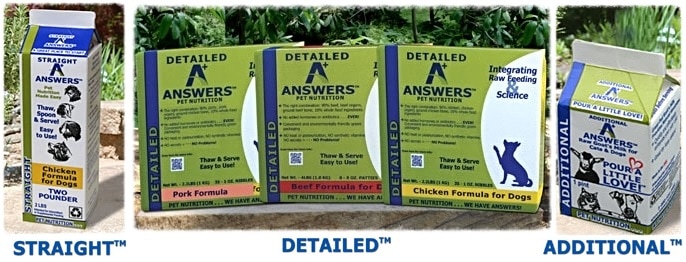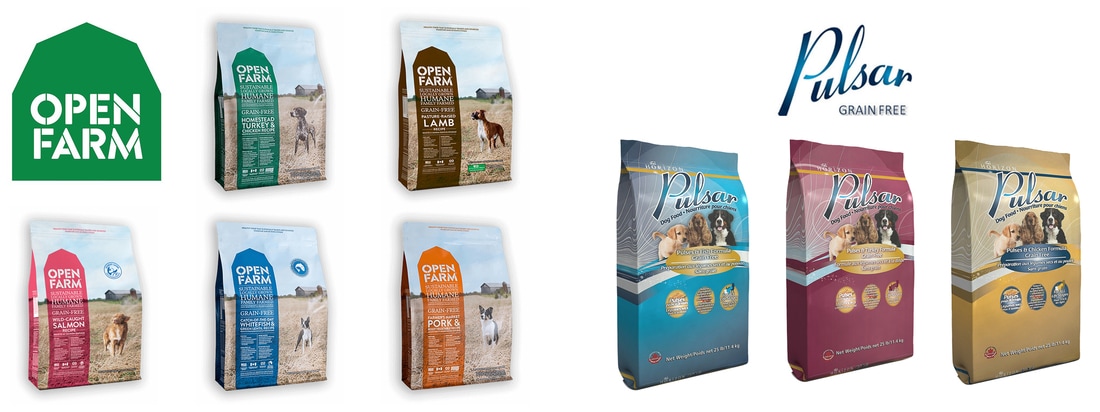We welcome the Spring - warm weather and especially the sunshine, but certainly not fleas and allergies. Here are some nuggets to continue through the summer in good health!
We know healthy diets are the cornerstone to a high-quality life. We have been doing a little research and you may have too. Don’t forget, you can share information important to you on our Blog at BalanceVC.com or on Facebook.
Above all, hands down, we still recommend a raw diet. By eating food as nature intended and avoiding as much processed food as possible, our pets’ bodies are richly rewarded. While most raw commercial diets are better than any dry or canned processed pet food, not all raw brands are created the same. Some brands flash pasteurize for safety degrading proteins and other nutrients. Others balance their diet with laboratory synthesized vitamins and minerals, not whole food. We recommend brands with high quality raw ingredients, ideally, from sustainably sourced grass fed, antibiotic and hormone free, GMO free animals on small farms that have a high Global Animal Partnership grade. This is a 5-step grading scale to ensure meat is humanely raised. Visit their website for more information - globalanimalpartnership.org.
We are grateful to offer Answers – the commercial raw pet food that maintains this high level of integrity in their raw ingredients while being competitively priced. It is 100% completely raw. Our favorite part is this food is fermented – which means it’s incredibly safe. The fermentation process prevents the growth of unwanted, disease-causing bacteria. Even better, fermentation increases many important nutrients and aids in digestion / absorption. Being fermented, it may take a little adjustment, but is well worth the effort. If you have tried it unsuccessfully there may be more going on. Optimal health is more than just diet.
We have been researching new brands – so far, we have found a couple that we recommend: Open Farm (sustainable ingredients) and Pulsar (red lentils and pea carbohydrate sources). Let us know your favorite kibble or canned food diet. All in all for cats, canned food is typically a better alternative than dry.
Dis-ease is an imbalance of health, typically, from one or more of three major conditions: a deficiency of proper nutrients (vitamins, minerals, trace minerals, phytonutrients, enzymes and a host of co-factors), a digestive imbalance so the body cannot properly absorb nutrients, or a build-up of toxins over time. Genetic inheritance, predisposition and emotional stress can also add to the disease process. Disease usually shows up as inflammation (the body’s response to one of the 3 above mentioned conditions) in an organ or tissue.
Toxins like lead, hydrocarbons, pesticides, vaccine adjuvants (mercury), chemicals from flea and heartworm products and many other environmental contaminants can build up in the body. Of course, the better the diet, the better these will be eliminated through the body’s natural detoxification systems, i.e. the liver and kidneys. We can help identify and support the body to rid these contaminants through natural auto-detoxification processes while strengthening imbalanced or weak organs.
Watch for the need to help provide organ support or further detox for your pet by monitoring signs of inflammation:
- Dry, rough, flaky, greasy or odorous skin and coat. It should be soft and glossy, like a wild animal pelt.
- Gum disease or tartar and plaque build-up on the teeth. Animal teeth should not typically require dentals. If your pet is exhibiting tooth problems, this may be an immune or gastrointestinal imbalance or nutritional deficiency.
- Bad breath. Usually indicating gut problems like poor digestion or absorption.
- Arthritis symptoms. This can be from primary structural problems or trauma, but is most commonly from antigen-antibody complexes that build up in the tiny vessels that feed joints. These complexes are formed by the body to eliminate chemical compounds (from diet, toxins, etc).
- Chronic systemic disease like kidney or thyroid, especially if it’s considered “atypical”. There is usually an underlying toxin (heavy metal) or nutritional deficiency or combination that leads to this later form (or symptom) of dis-ease.
We look forward to supporting your pets’ health and longevity throughout 2017!
Best to you -
Dr. Teri Sue and BVC staff

